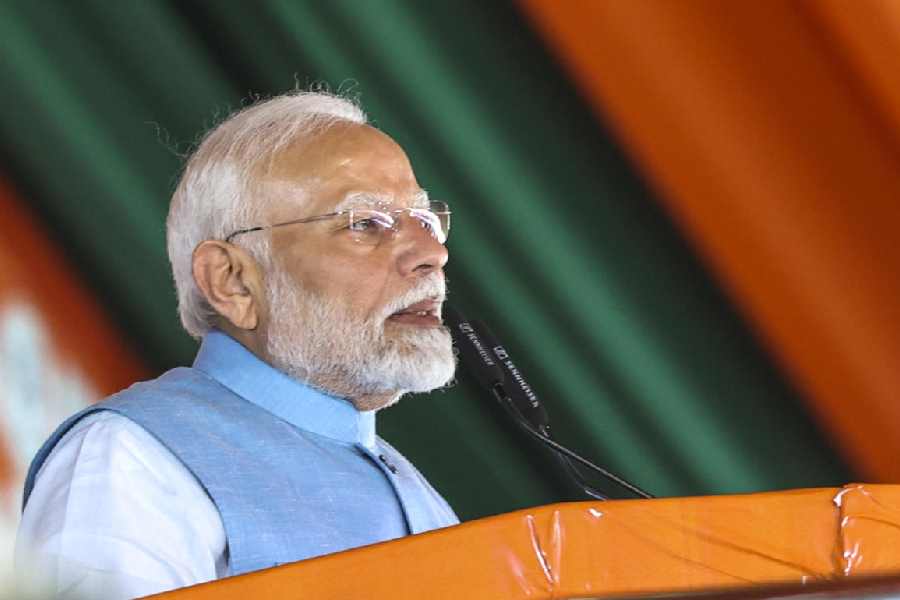Two slogans that Prime Minister Narendra Modi and Uttar Pradesh chief minister Yogi Adityanath have lobbed into the Maharashtra poll arena to try and polarise voters might boomerang, the BJP’s allies fear.
“Ek hai toh safe hai (United, we are safe),” goes one of the slogans, articulated by Modi. “Batenge toh katenge (Divided, we’ll be slaughtered),” goes the other, introduced by Adityanath.
Both slogans are an oblique call to Hindus to “unite” — a countermeasure to the Opposition Maha Vikas Aghadi’s campaign, woven around its promise of a caste census and claim of a threat to the Constitution.
But the BJP’s Mahayuti allies — Eknath Shinde’s Shiv Sena and Ajit Pawar’s NCP — believe that these slogans can end up harming them.
“Polarisation doesn’t work in Maharashtra. It will lead to a consolidation of the Muslim vote in favour of the Opposition, but a similar counter-polarisation cannot be expected among Hindus because the caste faultlines run deep,” a key Sena strategist in Mumbai said.
While Shinde’s party has refrained from publicly opposing the two slogans, deputy chief minister Ajithas done so.
“Batenge toh katenge Maharashtra mein nahi chalega (will not work in Maharashtra),” he told reporters recently.
Ajit went on to stress that the Mahayuti government’s slogan was one that the Prime Minister had articulated years ago: “Sabka sath, sabka vikas (Support for all, development for all).”
Despite aligning with the BJP, Ajit’s party wants to showcase the NCP’s secular ideology and has fielded a couple of Muslim candidates.
But the BJP leadership has stood its ground, arguing that the twin slogans, particularly the “ek hai toh safe hai” chant raised by Modi while launching his campaign in the state, were aimed at avoiding the division of society alongcaste lines.
“It’s certain that by raising the caste issue in different ways, the Congress wants to divide society along caste lines,” Union home minister Amit Shah, in Mumbai to release the Mahayuti’s election manifesto, said on Sunday when asked about the issue.
“Modiji has articulated it very well…. The tribals become powerful as a category (when taken as a whole) but get weakened if they get subdivided.... Similarly, the OBCs as a (single) group have strength but once they get split along caste lines, they become weak.”
As for the “katenge toh batenge” slogan, Shah appeared evasive and sought to target the Opposition instead.
“So far as ‘katenge’ is concerned, the country knows during whose rule the highest number of communal riots took place. They (riots) happened during the Aghadi’s and the Congress’s time,” he said.
A BJP strategist in Mumbai claimed the polarisation card was targeted particularly at the Vidarbha region, where the party is in a direct contest with the Congress in most of the seats.
The BJP’s OBC vote bank in the region had split during the Lok Sabha polls, and the party is trying to regain lost ground by exploiting communal faultlines.
Muslims, who make up nearly 12 per cent of Maharashtra’s population, play a decisive role in at least 35 of the state’s 288 constituencies.
Maharashtra votes on November 20











